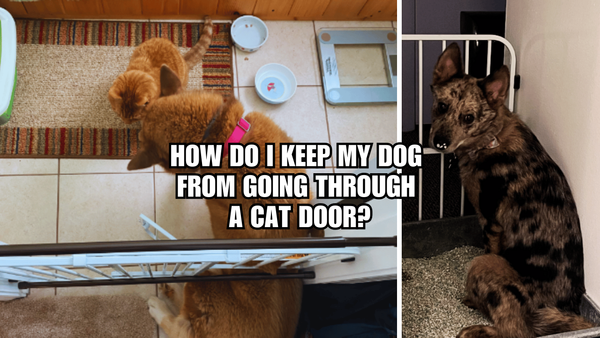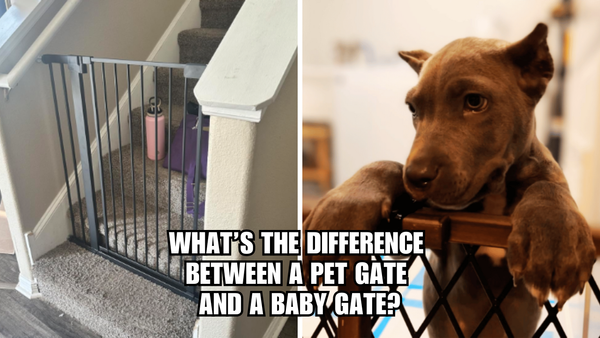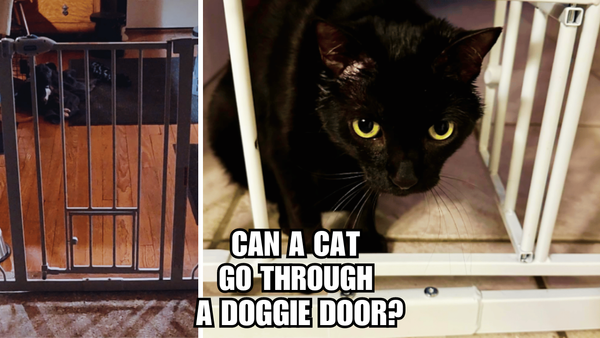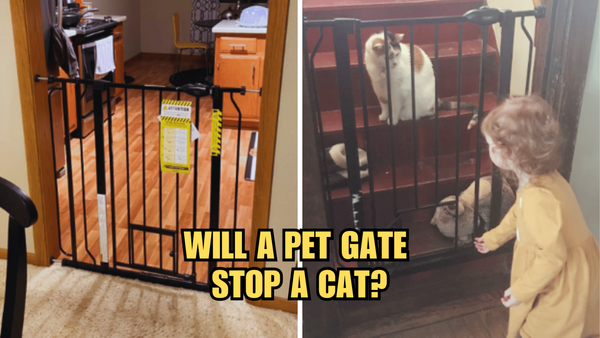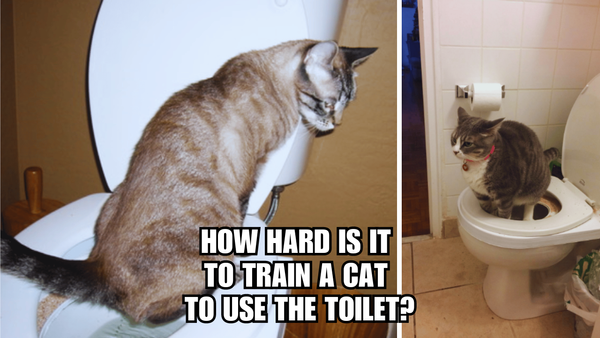As a cat owner, you know how important it is to keep your feline friend happy and healthy. But have you ever wondered about the dental health of your cat? Just like us, cats can suffer from plaque buildup, gingivitis, and gum disease.
So, how often should you clean your cat's teeth to prevent these issues? This article explores the topic of cat dental health, with a particular focus on answering the question "How often should cats have their teeth cleaned?".
We will discuss everything you need to know, including the signs of dental problems in cats, the benefits of routine dental cleanings, tips for at-home dental care, and more.
By exploring this page, you will gain valuable insights into your cat's health and learn how to keep their teeth clean and healthy. Let's dive in!

The Importance of Regular Dental Care for Cats
Dental care is crucial for cats, as dental problems can cause pain, discomfort, and even systemic health issues that can affect the overall health of the cat.
Unfortunately, dental problems are common among cats as they age, and failure to address these issues in a timely manner can lead to severe consequences. As a result, it is crucial for pet owners to take dental care seriously and make it a top priority.
Many pet owners wonder how often their cats should have their teeth cleaned to maintain good dental health. While there is no one-size-fits-all answer, there are a few guidelines that can help pet owners determine the right dental care schedule for their cats.
One of the factors that influence how often to clean your cat's teeth is diet. Cats that eat dry food tend to have more tartar buildup than cats that eat wet food, as dry food doesn’t clean their teeth as thoroughly.
As a result, cats that consume a diet of mostly dry food may need more frequent dental cleanings than those who consume more wet food.
Another factor that affects how often to clean your cat's teeth is genetics. Some cats are genetically predisposed to dental problems and may require more frequent cleanings to keep their teeth and gums healthy.
In addition, some breeds, such as Persians and Siamese cats, have a higher risk of developing dental issues and may need more frequent dental care than other breeds.
Age is also a factor to consider. Older cats are more likely to have dental problems, and may require more frequent dental cleanings to maintain good oral health. It's important to note that dental care should begin early in a cat's life to prevent dental problems from developing in the first place.
In general, it is recommended that cats should receive a professional dental cleaning at least once a year. However, the specific frequency of dental cleanings should be determined by a veterinarian, taking into account the cat's diet, genetics, age, and overall health.
In addition to professional dental cleanings, there are also steps that pet owners can take at home to maintain their cat's dental health.
Regular tooth brushing with a specially designed toothbrush and toothpaste for cats is an effective way to remove plaque and promote good oral health. You can even use dental treats and chew toys to help keep your cat's teeth clean and healthy.
In conclusion, dental care is essential to maintain your cat's overall health and well-being. While the frequency of dental cleanings may vary depending on several factors, pet owners should work closely with their veterinarian to develop a dental care plan that is tailored to their cat's unique needs.
With regular professional cleanings and good at-home care, pet owners can help their cats live happier, healthier lives.
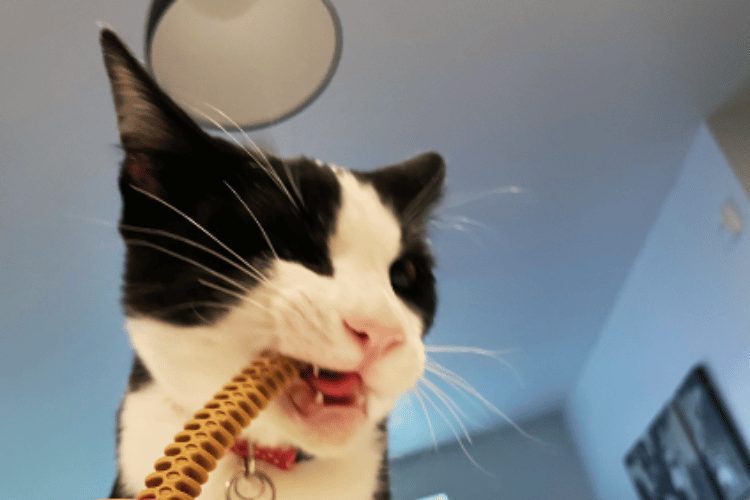
FAQs: How often should cats have their teeth cleaned?
It's important to keep your cat's teeth clean and healthy, but it can be hard to know how often they should have their teeth cleaned.
Cats need regular dental care to prevent tooth decay and gum disease, but it can be difficult to know how often they should have their teeth cleaned. With so many different opinions on the matter, it can be hard to know what's best for your cat.
We've compiled a list of the most frequently asked questions about cat dental care so you can make sure your cat's teeth stay healthy and clean.
How often should I clean my cat's teeth?
Cats should have their teeth cleaned professionally by a veterinarian at least once a year. Regular dental cleanings help prevent the buildup of plaque and tartar, which can lead to more serious dental issues. In addition to professional cleanings, daily or weekly at-home dental care is recommended to maintain your cat's oral health.
What are the available methods for cleaning a cat's teeth?
There are various methods for cleaning a cat's teeth. The most effective method is brushing their teeth using specialized cat toothbrushes and toothpaste. It's important to use toothpaste designed specifically for cats, as human toothpaste can be harmful to them. If your cat doesn't tolerate brushing, there are also dental wipes, gels, and water additives available that can help reduce plaque and freshen breath.
What are the common symptoms of dental issues in cats?
Some common symptoms of dental issues in cats include bad breath, difficulty eating or chewing, drooling, swollen gums, yellow or brown discoloration on the teeth, and reluctance to be touched around the mouth area. If you notice any of these signs, it's important to consult with your veterinarian for a thorough dental examination.
What signs indicate a need for immediate dental care?
Certain signs indicate a need for immediate dental care for your cat. These include bleeding from the mouth, loose or missing teeth, excessive drooling, swelling of the face or jaw, and sudden change in appetite or weight loss. If you observe any of these signs, it's crucial to seek veterinary attention promptly, as they may indicate underlying dental problems that require urgent treatment.
What are the potential consequences of poor oral hygiene in cats?
Poor oral hygiene in cats can lead to various health issues. If left unaddressed, dental problems can cause pain and discomfort, leading to difficulty eating and malnutrition. Additionally, bacteria from gum disease can enter the bloodstream and affect vital organs such as the heart, liver, and kidneys. Regular dental care helps prevent these potential consequences and ensures your cat's overall well-being.
Cats need to have their teeth cleaned at least once a year. However, if your cat has a history of dental problems, you may need to take them for professional cleanings more often.
You can also help your cat maintain their dental health by brushing their teeth regularly and providing them with a balanced diet. With proper care and regular cleanings, your cat's teeth will stay healthy and strong for years to come.
It's important to make sure your cat has healthy teeth and gums, so if you're ever unsure, make sure to talk to your vet and ask how often your cat should have their teeth cleaned. With the right care, your cat will have a beautiful smile for years to come!
Thank you for visiting LegitLists we hope this helps you make a legitimate choice!


